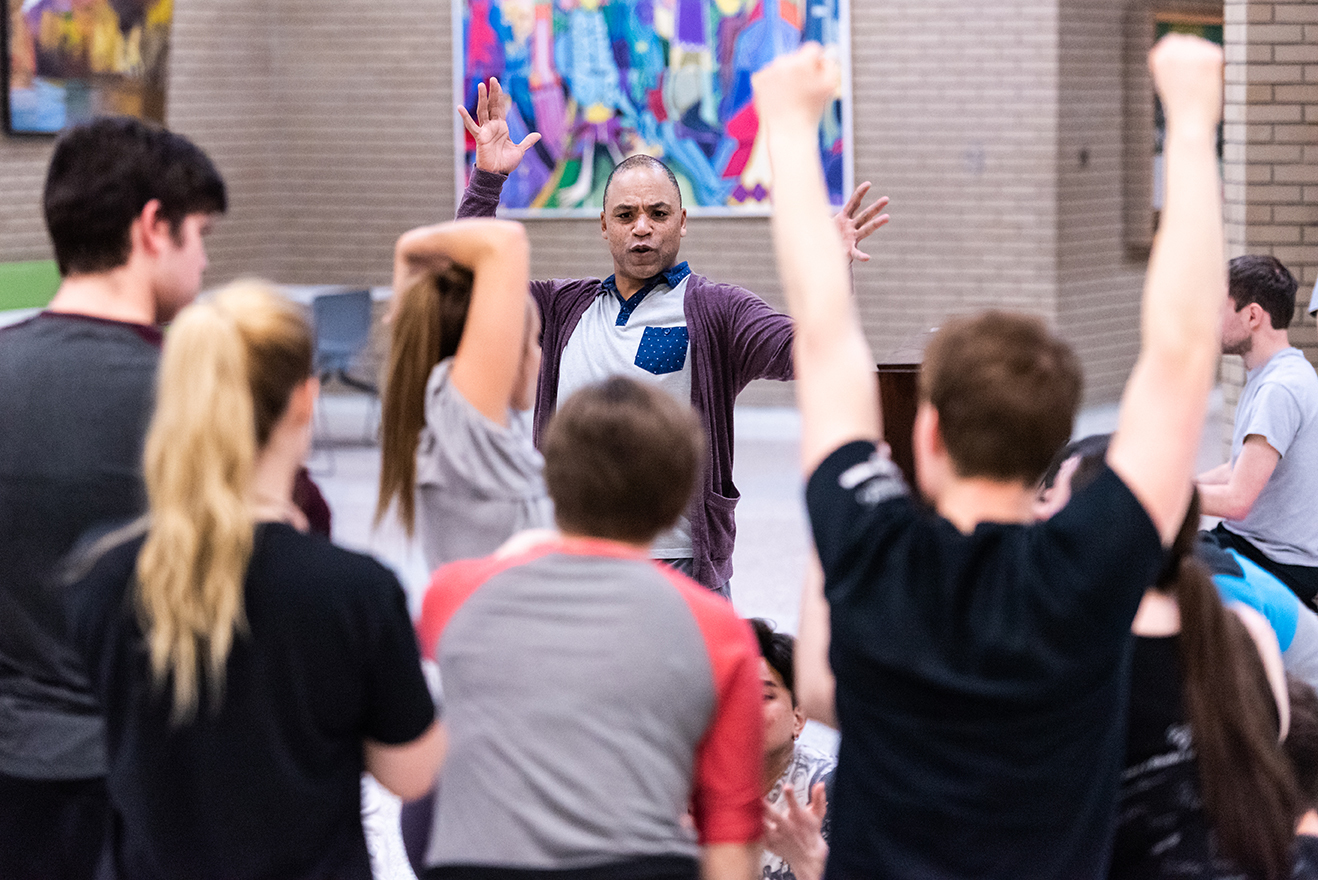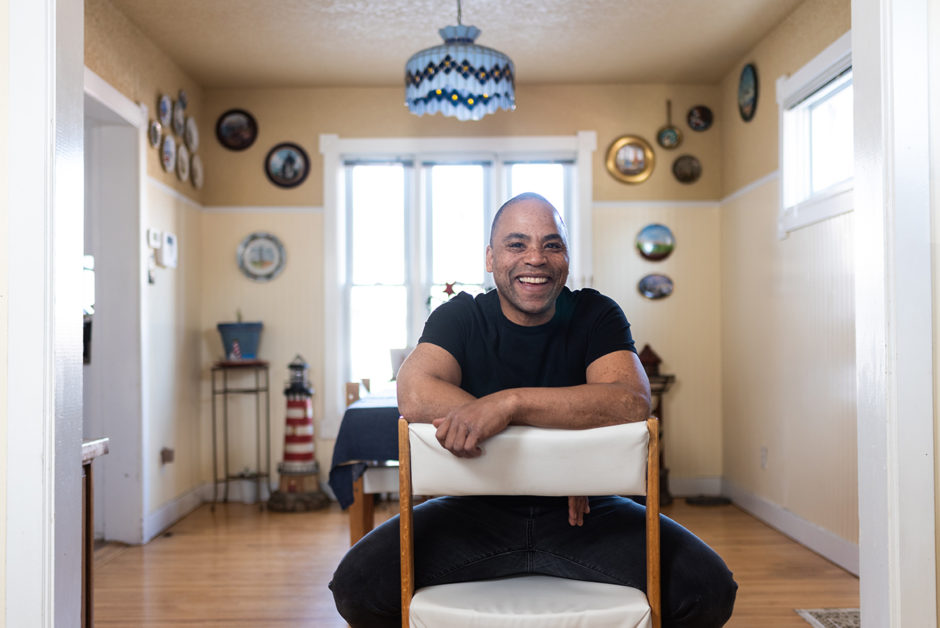April 3, 2019
Saskatchewan captured Chancz Perry’s attention almost as soon as he arrived in 2009.
“It was my first visit and I was taken by the landscape and how friendly the people were,” he said.
That visit was spurred by receiving a nomination for an award at the annual Yorkton Film Festival.
Perry had previously lived in Vancouver, but a move to Saskatchewan seemed to make sense, in part to fulfill his longing for change.
"Vancouver was changing really rapidly; traffic was bad, everything was getting expensive. There was so much development happening everywhere, so many pretentious people and when I came to Regina, I found an escape from all of that," he said.
"Now I like to go back to Vancouver and Toronto to visit. But I come here to really feel like I'm at home."

Regina was a very different city when he first arrived here.
“I felt kind of special because there weren’t too many black people around,” he said.
Perry is an Afro-Caribbean French Canadian, coming from a mix of cultures.
He's part of the five per cent of Saskatchewan residents who count themselves as both an English and French speaker.
“It's really only been over the last 10 years I've noticed a greater percentage of immigrants and refugees and others, like other people of colour, are just gravitating here from bigger cities like Toronto and Vancouver.
“But when I came, I felt pretty much like a big fish in the sea.”
That impression is borne out by the numbers.
In 2016, nearly 11 per cent of the Saskatchewan population identified as part of a visible minority, compared with 3.6 per cent in 2006.
Perry is a performer, a teacher, outreach worker and child support worker, among other things. There’s always been work in Saskatchewan, which he said keeps him here even on frigid winter days.
The province has also brought him a closer relationship with First Nations people, learning about their culture and taking part in ceremonies like sweats.
“I arrived to Regina when academia was thinking of being so much more inclusive,” he said. “So we're in this process of helping to decolonize or, should I say, ‘Indigenize’ education. So I'm here because I want to be part of that process of learning and gaining and sharing.”

You notice one thing in Perry’s home: lighthouses upon lighthouses, represented in paintings and ceramics, covering multiple surfaces.
“It’s a source of inspiration. To me, it's a sign of danger, but also a place of refuge,” he said, adding it goes back to the first fires that primitive humans had, to cook their food and to keep warm.
“You can see fire light from such a long distance away, but it's such an important source of our comfort and necessity to have.”
It’s what he prays for: for the Creator to light his way forward in his work and home.
“It’s why I'm doing everything that I'm doing right now.”

The Finding Home series profiles eight people who have found a sense of belonging and community in Regina. Together, they are part of the ever-changing face of this province. Read the other profiles here.
You can also enter a contest telling us what makes Regina home to you.
